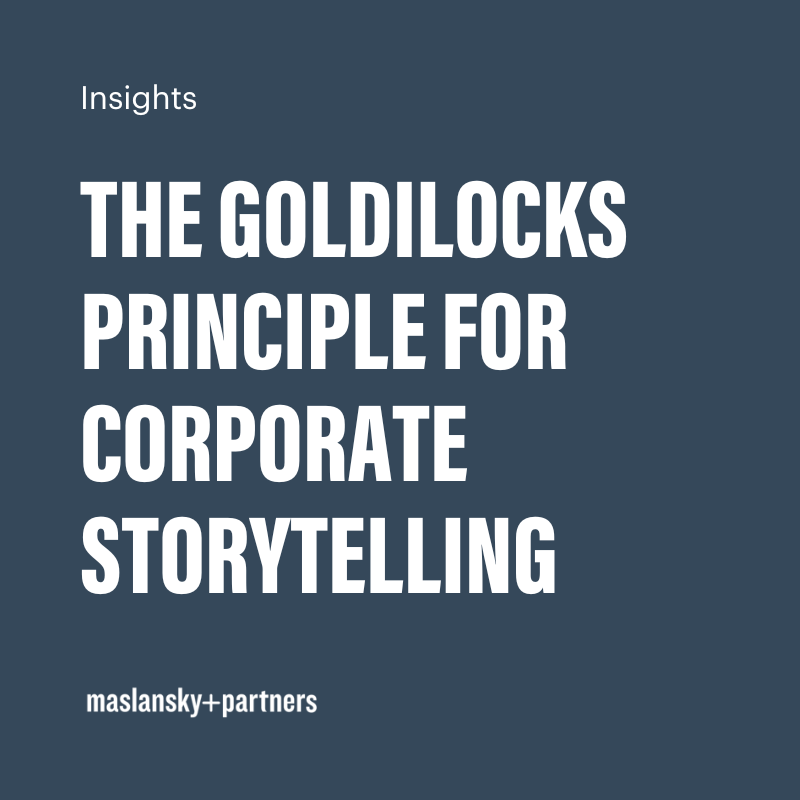ESG is dead, long live… ESG?
If you’re like two-thirds of America, you’ve never heard the term ESG before. At least not before the anti-ESG movement started. Now the battle over ESG is in full view and is the center of the latest culture war, with many companies caught in the middle.
After decades of pressure on companies from the left to take bolder stances on environmental, social, and governance issues (conveniently if confusingly acronymized to ESG), there is now equal and opposite pressure from the right. So far this year, 165 “anti-ESG” bills were introduced in 37 states, Bud Light has become the poster child of the “radical ESG agenda,” and Governor Ron DeSantis has threatened to build a prison next to DisneyWorld to stop the woke mob. Just recently, one of ESG’s most vocal supporters, BlackRock CEO Larry Fink, has announced that he will stop using the term.
But does the public really oppose the substance of ESG? Or is this just a case of mistaken identity? And can companies find a way forward without risking the wrath of the newly emboldened right?
It’s becoming increasingly clear to us that the single worst thing about ESG is the language that is being used to describe it.
Do customers want companies to stop being environmentally responsible? Even Republicans say no, according to our research.
Do they want companies to treat employees poorly? Or stop supporting local communities? There again, the answers are a resounding no.
For most companies, the investments they are making and the initiatives they are pursuing have broad public support, while a small subset of issues are generating a disproportionate amount of attention. Whether a company’s ESG efforts sound like a common-sense approach to running a successful business or political activism often comes down to how they frame their actions.
Because “ESG” was never clearly defined, it was easily coopted. Now the best answer is to move beyond these three letters and define these efforts more in the language of business values than social values.
That’s what we’re working on now. Don’t miss the opportunity to find out what’s next – reach out to us today and be part of the transformation.









